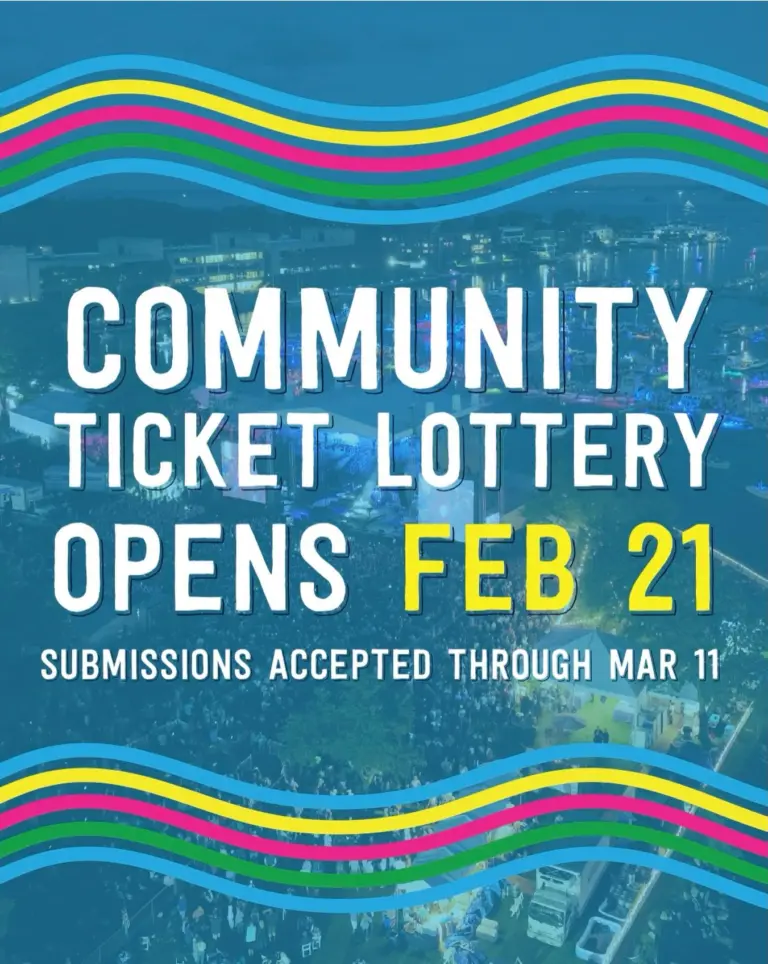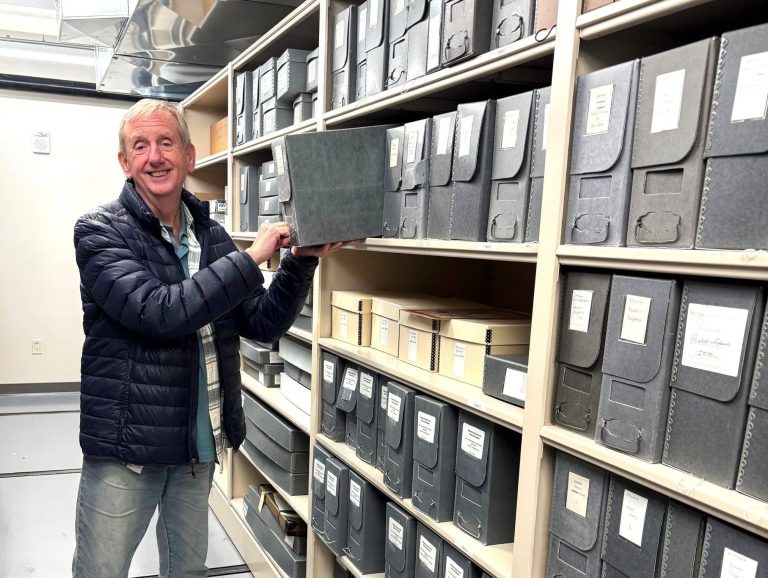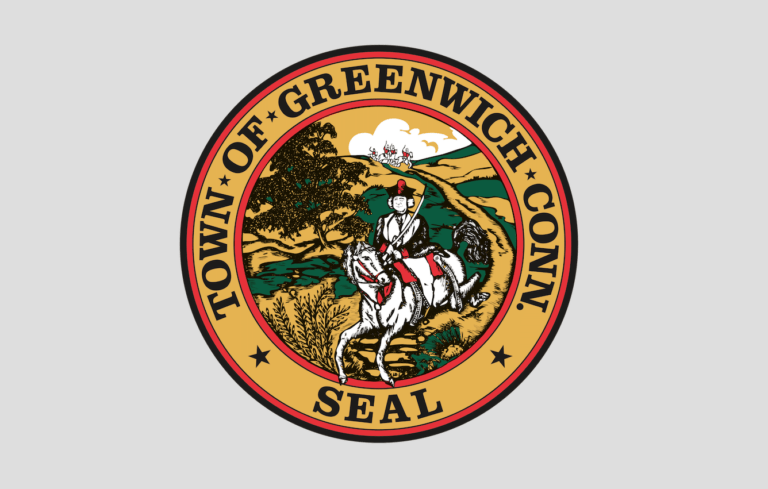By Rev. Shannon White
I’ve been doing a great deal of thinking about the importance of interfaith relationships in my life and in the lives of the congregations in which I have served since my ordination 32 years ago. Given that we are approaching July 4, a day celebrating the freedoms we share in our country, I offer some reflections on the freedom of religion for each and every person, while not impinging on the practices of others.
I am extremely grateful to be serving in the Town of Greenwich, which has had a long and rich history of respecting and valuing relationships across faith lines. Our partnerships only strengthen our work and life together and apart.
To begin my reflection, please indulge me for a bit of explanation of my personal journey. During my elementary years, I lived in Chappaqua, NY. My mother took my older sister and me to a church in White Plains that taught that women should not only not be church leaders but shouldn’t even speak in mixed settings of men and women. They quoted 1 Timothy 2:12 regularly, “Women shouldn’t speak in the church.” My father, a top executive, was an atheist and stayed at home, reading the New York Times and listening to opera. Given my history, it’s ironic that I would one day grow up and become ordained in the Presbyterian Church USA, only a town over from that childhood church. While I appreciate some of the things I learned from that early time, such as the value of memorizing scripture, that experience, created a feeling that I carried with me for many years – that those outside my faith group were to be feared, judged, and certainly changed to our way of thinking and believing.
In my early teens, during my parents’ divorce, my mother experienced a significant emotional, spiritual and theological transformation. She was asked to leave the church she had considered home due to her divorce from my father who had been physically abusive. She joined a more mainline congregation and became active in conferences sponsored by The National Conference of Christians and Jews, now The National Conference for Community and Justice. Her transformation would later impact me as well, although it would be some years later.
After a brief banking career, I went to Japan in my mid-20’s as a missionary for a year. Confused that the Buddhists there were more kind to me than the people calling themselves Christians, I began to reevaluate the theology which had been deeply ingrained in me at such an early age. Many pieces did not make sense to me any longer. Parts of my tightly knit, fear-based theology started to become dismantled. Travelling tends to stretch and change us, if we let it, doesn’t it? I learned that my faith wasn’t threatened by being in dialogue with others. Dialogue and relationships across faith lines actually strengthened my own Christian faith. For me, God became much bigger, more loving and more authentic.
Upon my return from Japan, I went to seminary to explore my changing belief structure. I began my studies at Fuller Theological Seminary where the biblical interpretation prohibiting women as church leaders (which was still in my belief structure) was challenged by New Testament scholarship. After 2 years, I transferred to Princeton Theological Seminary, and in a course entitled, “Imaging God and Imaging Self” the professors explained that as our self-esteem matures, if our images of God don’t expand as well, our emotional and spiritual selves can begin to diverge, and we risk losing the ability to tap into our spiritual/theological foundation. That made sense to me.
After ordination in 1990, the first congregation I served was in Scarsdale, NY. In that mostly Jewish community, Christians were and are in the minority. As I worked with middle and high school students, we talked about the valuable lesson of experiencing life as part of a minority population. It was an extremely important perspective to talk about with young people. Additionally, the head of staff at that Presbyterian church was a biblical scholar and received his PhD on the topic of the Jewish Diaspora. I learned much from him about some of the deeply imbedded Anti-Semitism found in modern New Testament scholarship. My questions and the journey to seek out the answers only strengthened my faith.
I would go on to serve as pastor at North Greenwich Congregational Church and become friends with the Rabbis here in town. I would later serve as Interim Executive Director of the Interfaith Council of Southwestern CT. All the while, interfaith relationships with colleagues made me appreciate the wide reach of God’s presence and love.
During my 8-year tenure as head of staff at Wilton Presbyterian Church, Dr. Kareen Adeeb, an Imam and Board President of the Interfaith Council of Southwestern CT, became a dear friend. On one visit to our congregation to join me and a Rabbi in an interfaith worship service, he gave me the book, Getting to the Heart of Interfaith: The Eye-Opening, Hope-Filled Friendship of a Pastor, a Rabbi and a Sheik.
The inscription he wrote will forever stay with me, “Together we shall continue our passionate journey toward spiritual maturity, strengthened and scaffolded by religious understanding and cooperation.”
Now at Round Hill Community Church here in Greenwich, I recently had the opportunity to invite Rabbi Mitch Hurvitz from Temple Sholom to our pulpit as a guest preacher for Sunday worship. Rabbi Mitch spoke about the importance of looking into the face of another, and in fact, in doing so, we are called to repentance (change). Not only that, but when we look into the face of another, we see the face of God. In the children’s sermon that week, he and I talked the importance of having friends across faith lines, what we love about our own faith traditions and what we share in common. It was a time full of respect, faithfulness and love.
The religious freedoms all have enjoyed together as a country are at risk. The ADL/CT (Anti-Defamation League in CT) says incidents of Anti-Semitism exploded last year not only across the country (3697 incidents in 2022), but also in CT (68 incidents, which is a 100% increase from 2021). In fact, Anti-Semitic incidents in 2022 hit the highest level ever recorded in CT, touching 34 communities. Of those, 32% took place at non-Jewish k-12 schools. Our children are most likely learning to fear and hate at home.
If love is at the heart of most faith traditions, how can we not respond to our brothers and sisters of other faiths with love and compassion? Isn’t anything else an indictment of our own understanding of God?
What if each of us took a bigger view of some long-held belief we hold of “the other” and instead, sought to see the face of God when looking into his/her/their eyes-seeking not to change them, but to allow ourselves to be changed? May this July 4 bring deeper love and freedom to each one of us.
Rev. Shannon White is the Pastor for Spiritual Development at Round Hill Community Church in Greenwich.



